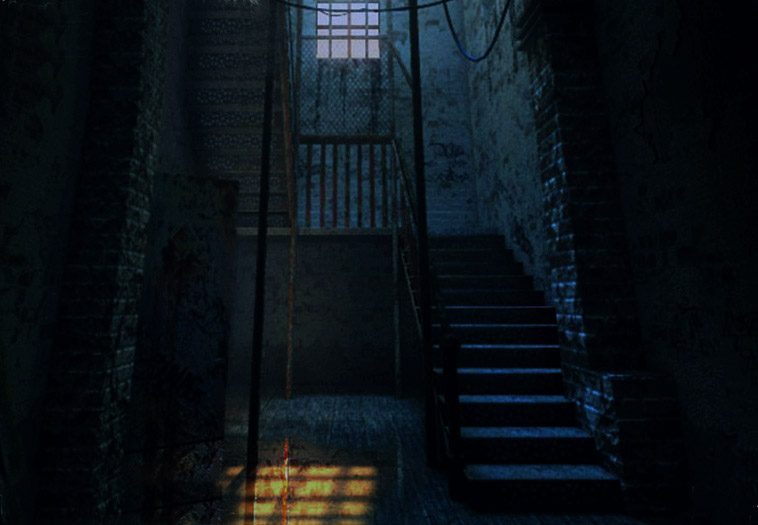 The Alma Tavern’s own in-house Schoolhouse Productions latest classic text visits the deliciously scandalous morality tale, packed with humorous aphorisms. In a new version by Wilde’s grandson Merlin Holland and John O’Connor the action is mildly updated to modern day, but not by all that much.
The Alma Tavern’s own in-house Schoolhouse Productions latest classic text visits the deliciously scandalous morality tale, packed with humorous aphorisms. In a new version by Wilde’s grandson Merlin Holland and John O’Connor the action is mildly updated to modern day, but not by all that much.
The set looks great, with an opening drawing room complete with etchings, chaise longue and cucumber sandwiches bathed in a yellowy gas light. A lone picture of Che Guevara gives it away and the adaptation of the novel very tentatively makes reference to contemporary society. There are later, copious, references to equally copious amounts of cocaine and whisky, port and sherry are downed so recklessly that the cast must be glad that it is stage alcohol and not the real thing.
There is a lot of moving of furniture back and forth, with sometimes a very small shift of a chair here or a table there and although this occasionally suggests a different room it gets in the way, rather like a misplaced footstool.
Ross Scott captures the lovelorn and hopelessly unrequited Basil Hayward who is in awe of the divine boy Dorian Gray. When not quaffing spirits, he lumbers about and has a fine line in dolourous disappointment. Leo Graham adopts a consistently snide persona as Henry who gets to deliver a mountain of humorous epigrams. These are some of the most loved witticisms in literature, but the way that they remorselessly bombard the audience means that they lose much impact and their wit becomes what Wilde should never be – tiresome. There is an importance in being earnest in adapting a book to the stage and unfortunately the script provided just isn’t up to it.
Costa Chard both looks the part and captures the saintliness of the beautiful Dorian Gray right from the outset when he arrives to have his portrait painted by Basil and meets the corrupting influence of Henry. He has charm and the physiognomy to match in opening scenes, falling naively in love with Sybil Vane played with an Eliza Doolittle roughness by Livvie May. There is some doubling by the cast with mixed success although Ross Scott has the versatility and vocal stretch to be equally authentic when playing a working class Shakespearian thespian and as the ridiculously smitten Duchess of Harley complete with bonnet made of ‘nothing at all’.
But what of the picture that frames the entire plot? Very strangely we only get to glimpse it fleetingly at the beginning and then only see it again once more when it contains maybe a little cruelty around the mouth. Other than that, it is covered up with a cloth and peeked at by Basil and not seen at all at the end when it should be changed back to the original. This seems to suggest that only one picture was ever available to the production. As Wilde himself might have said, to have one changed portrait is a misfortune, but not to have two is carelessness. ★★★☆☆ Bryan Mason 18th April 2018

